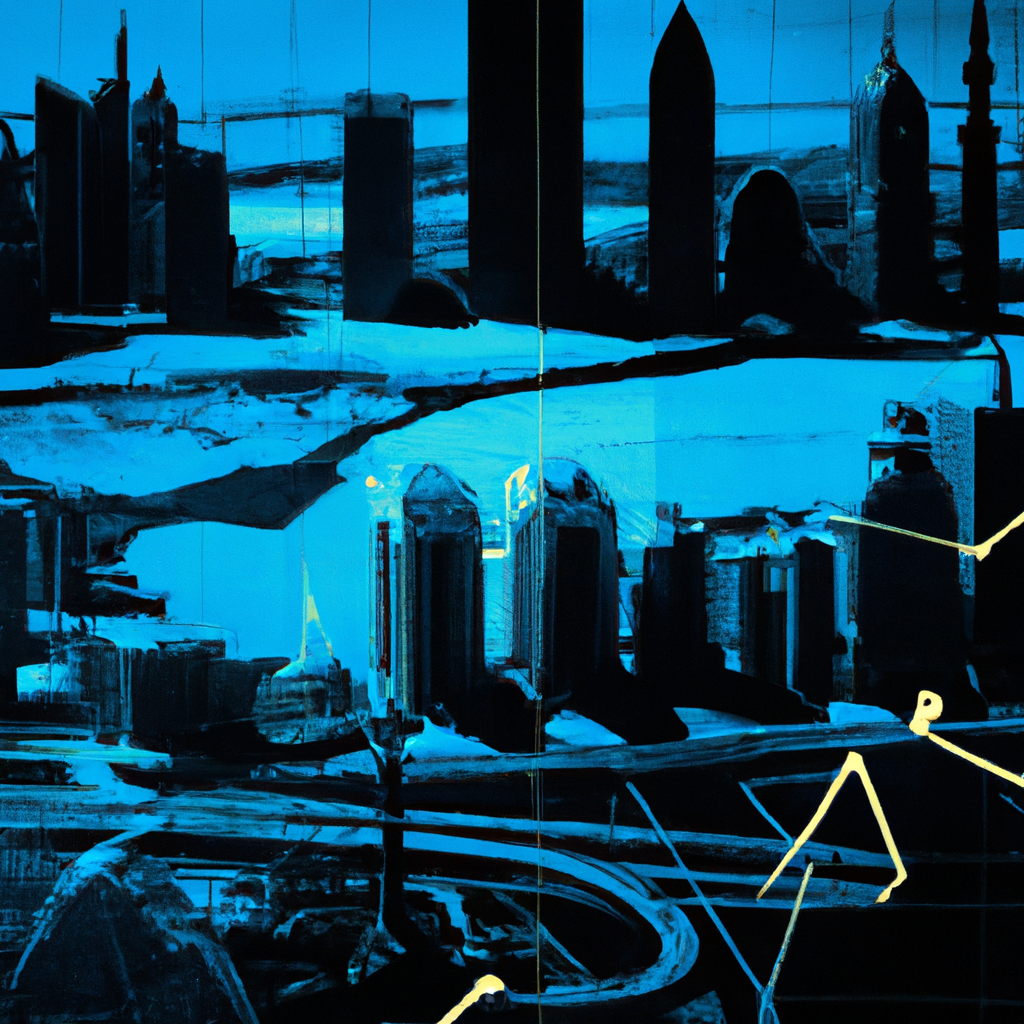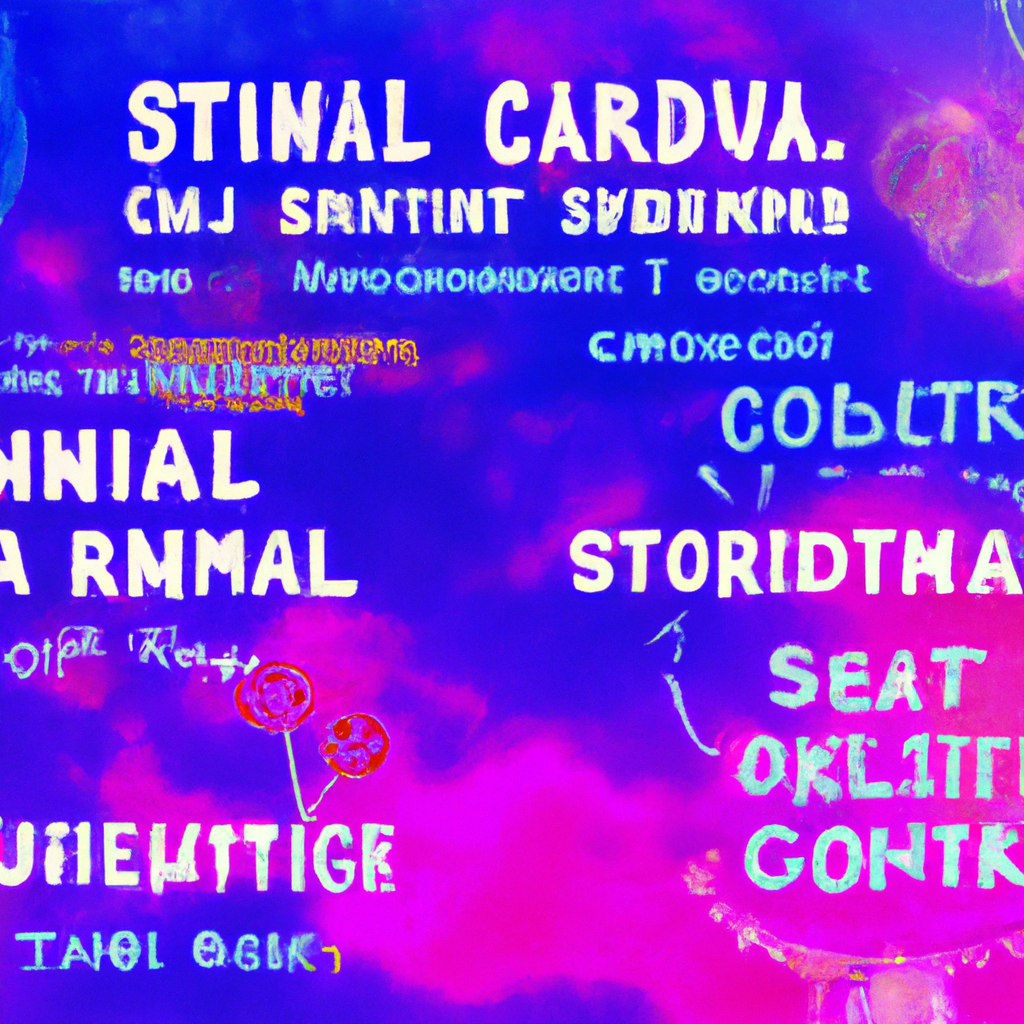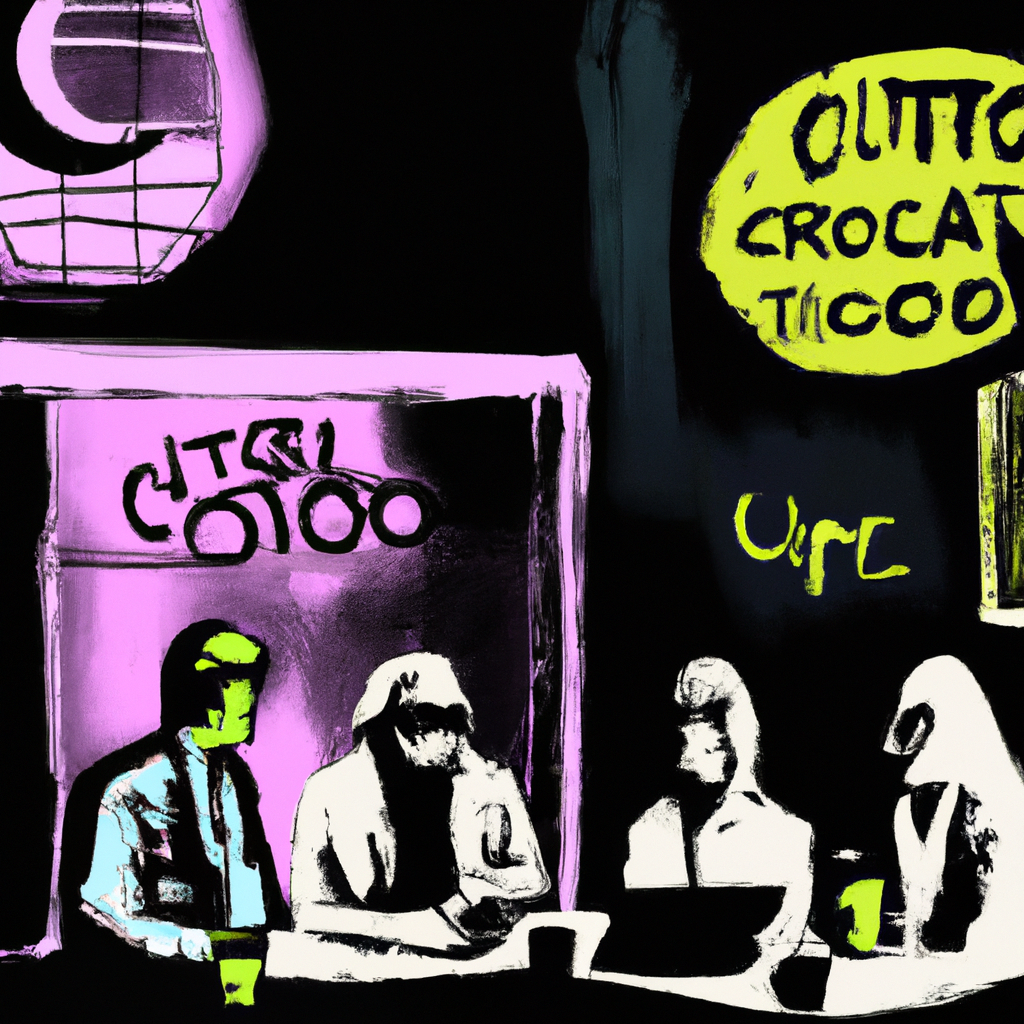In the dim glow of an Emirates winter evening, a quiet revolution unfolds. Beneath the glitz of Dubai’s skyline, a narrative of dominance over the winter travel market is being meticulously crafted. The familiar scent of jet fuel mingles with an intoxicating blend of power and ambition, as the Emirates prepare to usher in a new era of sun-seeking tourism.
The headlines boast about the UAE’s ascent as the ultimate winter sun destination, yet behind this sheen lies a complex web of strategies and influences. This is a story not just of tourism, but of economic recalibration, policy manoeuvres, and geopolitical aspirations.
The Evidence
What appears to be a simple shift in travel patterns is, in fact, a concerted effort by the UAE to reposition itself within the global tourism hierarchy. The 2025 focus on the Emirates as a winter haven is no accident. It stems from strategic investments in infrastructure, hospitality, and a series of high-profile partnerships.
The UAE’s tourism authorities, leveraging vast financial reserves, have orchestrated a symphony of attractions that include new luxury resorts, expanded flight routes, and visa reforms to entice international visitors. Reports from the Financial Times reveal that the UAE’s tourism budget has increased by over 20% in recent years, a clear sign of its intent to dominate the sector.
Key players in this landscape include Emirates Airlines, which has expanded its fleet significantly, and real estate magnates who have invested in sprawling resort developments. The synergy between these entities suggests a well-oiled machine operating with a singular vision.
The Pattern
This move is emblematic of the UAE’s broader strategy to diversify its economy beyond oil. By focusing on tourism, the Emirates are shifting their economic dependency and, in doing so, are rewriting the rules of regional influence. This isn’t just about attracting tourists; it’s about wielding soft power on the global stage.
The pattern of influence extends beyond economic realms. The UAE’s investment in cultural and sporting events, such as the Dubai Expo and Abu Dhabi Grand Prix, reflects its desire to be seen as a global hub of innovation and leisure.
Why It Matters
The implications of this manoeuvre are profound. As the UAE draws more tourists, it exerts greater influence over global travel trends, potentially at the expense of traditional winter destinations. The environmental impact of increased air travel and resort development cannot be ignored, raising ethical questions about sustainability.
Moreover, this shift highlights the delicate balance of power in the Gulf region. As the UAE asserts its dominance, how will neighbouring countries respond? And what does this mean for the global tourism industry as a whole?
As we ponder these developments, we are left to question: Who holds the reins of power in this new tourism order, and at what cost to the planet and regional stability?





